Dog Hair Fall Remedy: What Vets Want You to Know
If you’re searching for a reliable dog hair fall remedy, this guide covers everything you need:why dogs lose hair, step-by-step home remedies, when to see a vet, and how to prevent future hair loss.Read on to learn practical, vet-backed advice that helps you stop dog hair loss and protect your dog’s skin and coat.
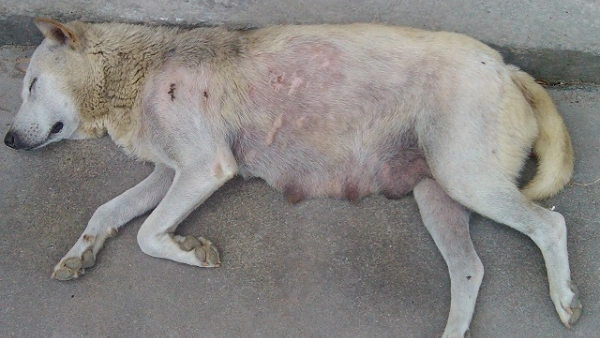
Why Dogs Lose Hair — Causes and Clues
Mites and Flea Bites
Mites (including sarcoptic mange and demodex) and fleas irritate the skin and cause intense itching.
Dogs scratch or bite, which damages follicles and leads to patchy or widespread hair loss.
Look for flea dirt, visible fleas, scabs, or red inflamed skin. A prompt dog hair fall remedy includes parasite control and calming skin care.
Ringworm (Fungal Infection)
Ringworm causes circular hairless patches with scaling and sometimes crusting.
It’s contagious to other pets and people, so isolate affected animals and seek treatment.
A vet-prescribed antifungal shampoo or oral medication forms the core treatment; some home remedies (like diluted coconut oil) can be supportive but never replace veterinary therapy.
Acral Lick Dermatitis (Licking-Induced Lesions)
Chronic licking at paws or limbs causes localized hair loss, thickened skin, and secondary infection.
Often driven by pain, allergies, or boredom; effective dog hair fall remedy treats the underlying cause and behavioral triggers.
Allergies Causing Redness and Itch
Food, inhalant (pollen, dust), and contact allergies all cause itching and hair loss.
Typical signs: repeated scratching, ear infections, hot spots, and seasonal flair-ups.
An elimination diet and environmental control are key steps in any dog hair fall remedy plan.
Genetics
Some breeds have inherited coat issues or thinner hair—this is managed by grooming and nutrition rather than cured.
Understanding breed tendencies helps pick the right dog hair fall remedy and expectations for recovery.
Cushing’s Disease (Hyperadrenocorticism)
Cushing’s causes symmetrical hair thinning, fragile skin, and a pot-bellied appearance.
A proper diagnosis needs blood tests and imaging; medical therapy is prescribed by a veterinarian.
Pressure Sores (Decubitus Ulcers)
Older or immobile dogs can develop pressure-related hair loss where skin rubs the surface.
Soft bedding, repositioning, and topical care are part of a home-based dog hair fall remedy for these cases.
Rashes and Hives (Urticaria)
Acute allergic reactions cause hives and sudden hair loss in affected areas.
Immediate veterinary advice is often required if swelling or breathing problems accompany the rash.
Post-Clipping Hair Loss
Shaving double-coated breeds can lead to uneven regrowth and temporary weakened hair.
A gentle grooming and nutrition plan forms a gradual dog hair fall remedy for restoring coat quality.
Foreign-Body Reaction
Injection reactions, topical irritants, or embedded objects can cause localized hair loss.
Remove irritant if safe and consult your vet for wound care and infection prevention.
Hypothyroidism (Low Thyroid Function)
Hypothyroid dogs often show symmetrical thinning, dry skin, and lethargy.
Diagnosis and hormone replacement therapy are veterinarian tasks; nutritional support is part of the long-term dog hair fall remedy.
Home-Based Dog Hair Fall Remedies — Safe, Practical Steps
These home remedies support skin healing and can be part of your daily dog hair fall remedy routine. Use them carefully and stop if irritation occurs.
Dietary Management: Eliminate Allergens Naturally
Start a food elimination trial: single protein and carbohydrate source for 8–12 weeks to identify food triggers.
Switch to a hypoallergenic or novel-protein diet recommended by your vet if food allergy is suspected.
Ensure the diet supplies adequate protein, omega fatty acids, zinc, biotin, and vitamins A and E.
Lemon Juice (Use with Caution)
Diluted lemon spray can deter fleas on fur but may sting inflamed skin. Avoid use on raw wounds or sensitive areas.
Mix one part lemon juice to 10 parts water for a light spray; test a small area first.
Apple Cider Vinegar — Allergy and Itch Support
Apple cider vinegar (diluted 1:1 or more) can soothe minor hotspots and balance skin pH.
Do not use on open wounds; avoid the face and genitals. It’s a supplemental measure in a broader dog hair fall remedy plan.
Flaxseed Oil and Fish Oil (Omega Supplements)
Omega-3 and omega-6 fatty acids reduce inflammation and improve coat sheen.
Give doses based on body weight and veterinary guidance; expect 6–8 weeks for visible improvement.
Olive Oil Massage
Light olive oil massages can moisturize dry skin and stimulate circulation.
Use sparingly to avoid greasy fur and bathe out excess as needed.
Aloe Vera for Soothing
Pure aloe gel soothes itchy skin and supports healing.
Always use alcohol-free, pet-safe aloe and patch test first.
Coconut Oil — Antimicrobial and Moisturizer
Topical coconut oil can help mild fungal or bacterial irritations and hydrate skin.
Oral coconut oil in small amounts may support coat health, but discuss dosage with your vet.
Natural Medicated Baths (Oatmeal, Baking Soda, Herbal)
Colloidal oatmeal baths calm itchy skin. Use lukewarm water and a gentle formula.
Baking soda baths (mild) can reduce itching; do not overuse as they affect skin pH.
Shampoo-and-Brush Routine
Use a vet-recommended shampoo specific to the issue (antifungal, antibacterial, hypoallergenic).
Brush gently after bathing to remove loosened hair and speed drying to prevent infections.
Homemade Antifungal Rinse (Use Vet-Approved Recipes)
Certain diluted antiseptic rinses (chlorhexidine-based) can be effective. Use formulas and concentrations approved by your vet.
Never use undiluted harsh agents or home formulas without professional advice.
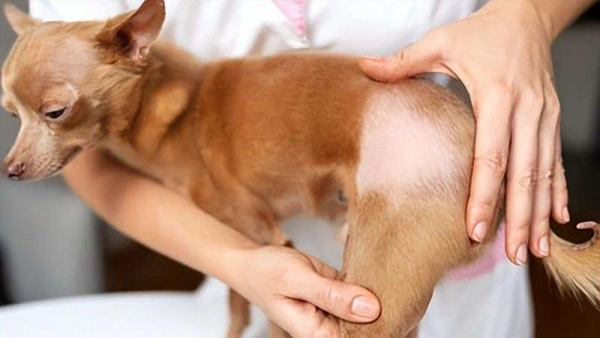
When to See the Vet — Red Flags
Severe Itching
Constant scratching that breaks skin or causes infection requires veterinary care.
Foul Odor
An unpleasant smell often indicates a yeast or bacterial infection needing treatment.
Skin Irritation or Infection
Swelling, pus, bleeding, or spreading lesions demand prompt medical attention.
Behavior Changes
Loss of appetite, lethargy, or changes in temperament can signal systemic disease related to hair loss.
Everything Our Vets Recommend
Other Pets or Humans Affected
If family members or other animals develop skin issues, evaluate contagious causes (ringworm, scabies).
Prevention — Daily Care, Diet, and Environment
Brushing and Coat Care
Brush daily for long-haired or double-coated dogs during shedding seasons.
Use deshedding tools safely and follow breed-specific schedules.
Bathing Guidelines
Use mild, targeted shampoos and avoid over-bathing; usually every 4–8 weeks suits many dogs.
Dry thoroughly and brush to remove trapped loose hair.
Diet Management
Feed complete diets rich in named animal proteins, omega fatty acids, zinc, biotin, and vitamins A/E.
Consider limited-ingredient or hypoallergenic diets if food allergy is suspected; this supports how to prevent dog hair fall and how to prevent dog hair loss.
Environment Management
Keep bedding and floors clean; wash bedding weekly in hot water when possible.
Control indoor humidity and remove dust/pollen sources where feasible.
Maintain a regular flea and tick prevention program year-round.
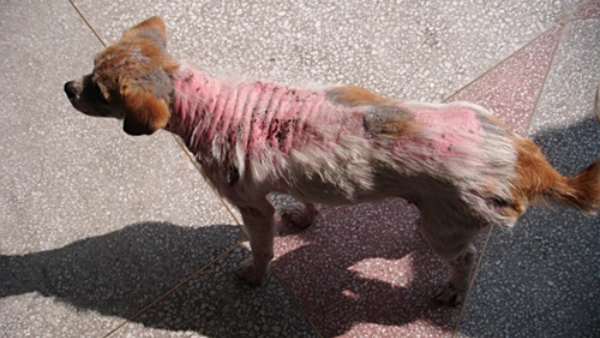
Dog Hair Fall Remedy FAQs
How do you treat hair loss in dogs?
Treatment depends on cause. Parasites need insecticides, fungal infections need antifungals, and allergies need elimination diets and possibly medication. Combine medical care with home remedies like omega supplements as part of a full dog hair fall remedy plan.
How do I stop my dog's hair from falling?
Follow a consistent routine: balanced nutrition, parasite control, gentle grooming, and vet-directed treatments. Learn how to prevent dog hair fall by addressing triggers early.
What food is good for dog hair loss?
Look for named animal proteins, fish oil or flaxseed, biotin, zinc, and vitamins A and E. Hypoallergenic or novel-protein diets help dogs with food-triggered hair loss and are central to how to stop dog hair loss.
What deficiency causes hair loss in dogs?
Deficiencies in essential fatty acids, zinc, biotin, and certain vitamins can cause brittle hair and increased shedding.
Why is my dog losing so much hair?
Common reasons include seasonal shedding, parasites, infections, allergies, hormonal disorders, or stress. A systematic approach to diagnosis is part of any effective dog hair fall remedy.
What triggers a dog to start shedding?
Triggers include seasonal light and temperature changes, poor nutrition, stress, skin disease, and endocrine issues. Combining prevention and targeted treatment helps manage these triggers.
Summary — Practical Next Steps
A good dog hair fall remedy combines diagnosis, targeted veterinary care, and consistent home management. Start with simple steps: improve diet and add omega supplements, maintain regular grooming and baths, control parasites, and make environmental changes. If you want to know how to prevent dog hair fall or how to stop dog hair loss, begin with a food and parasite check and consult your veterinarian for tests when hair loss is severe or persistent. With the right plan, most dogs regain healthier skin and a fuller coat.
You May Like:
- Dog Food and Shedding Mistakes Owners Make Every Day
- Does Shedding Make Dogs Itchy? Latest Vet Advice
- Why Is My Dog Losing So Much Hair in 2025: Vet Tips
- Why Is My Dogs Hair Falling Out in Clumps? Find Out
User Comments
Does flea treatment kill ear mites too?
Can dogs take human probiotics?
Can dogs have people probiotics safely?
Related Articles
View all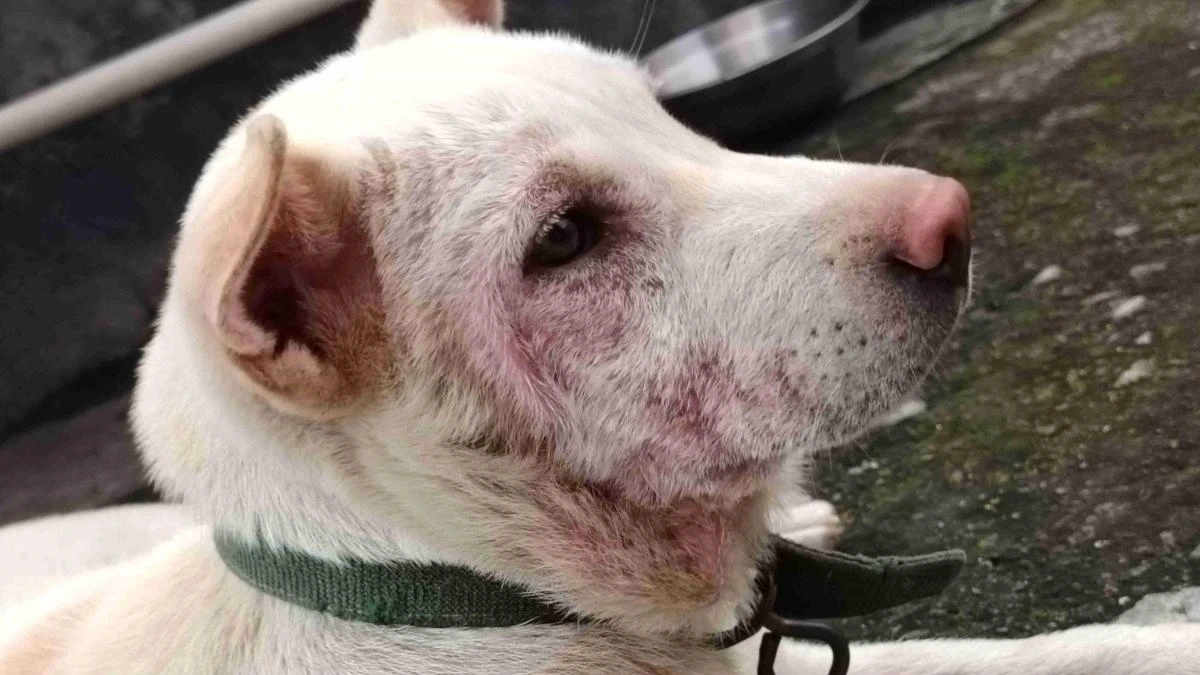
How to Get Rid of Dog Allergies Naturally: Common Mistakes
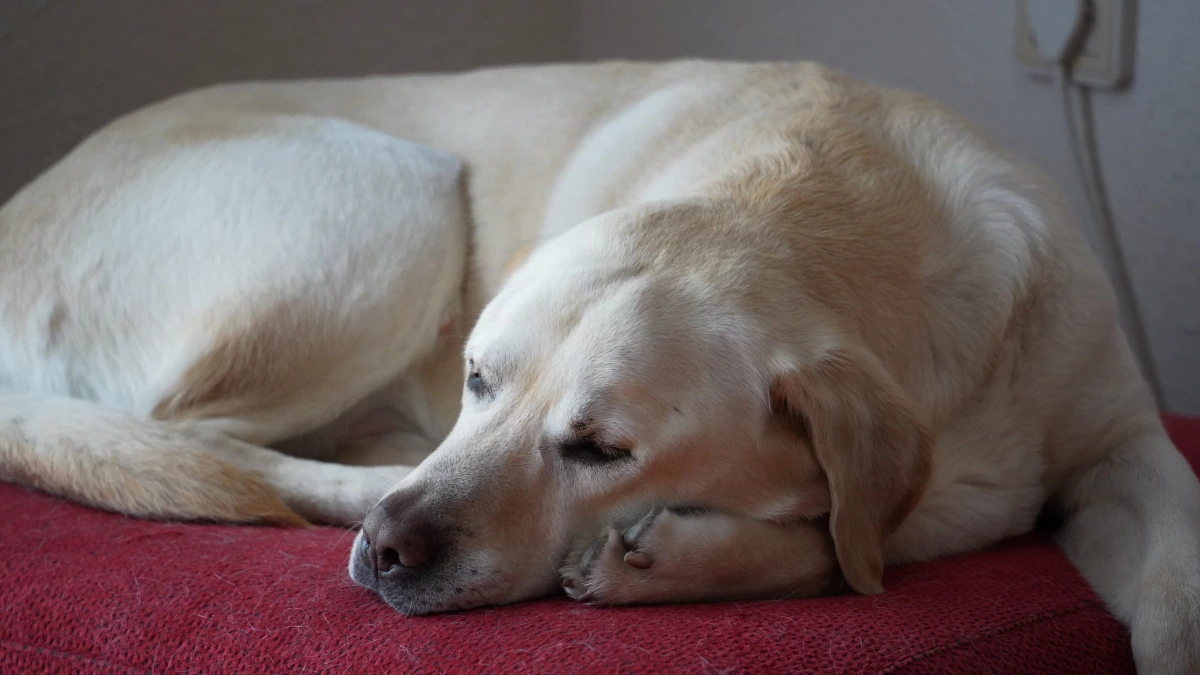
Dog Allergic Reaction Eye Swelling: Hidden Mistakes to Avoid
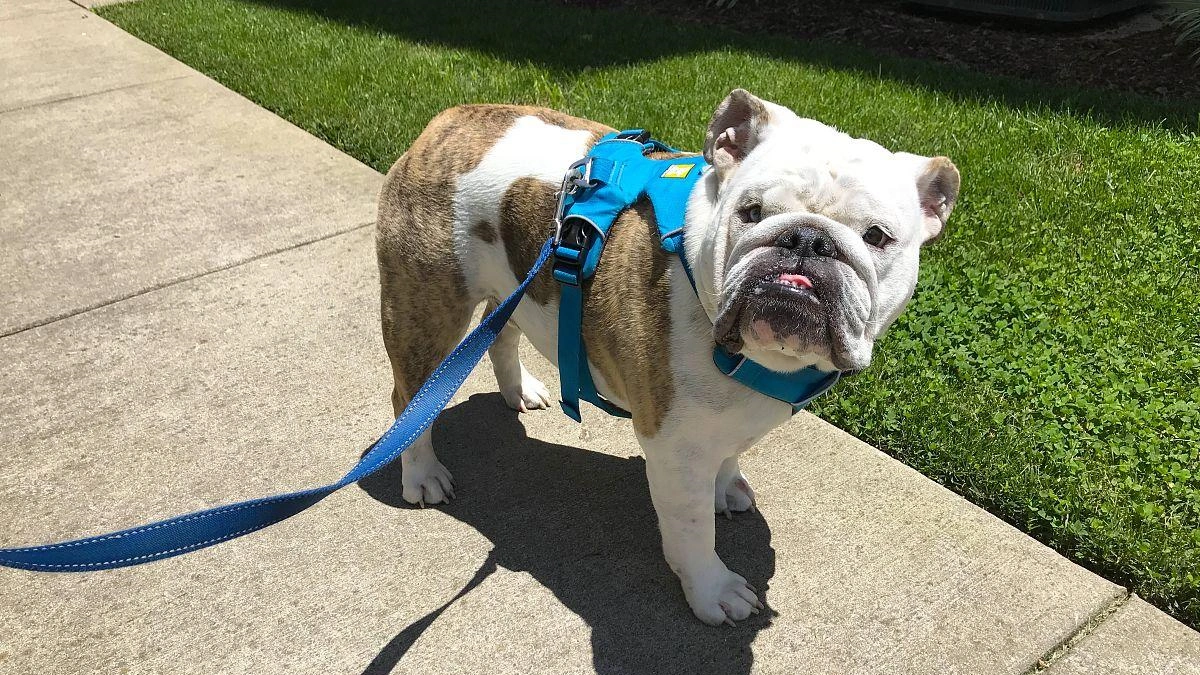
Why Do Bulldogs Scratch? Bulldog Skin Allergies Guide
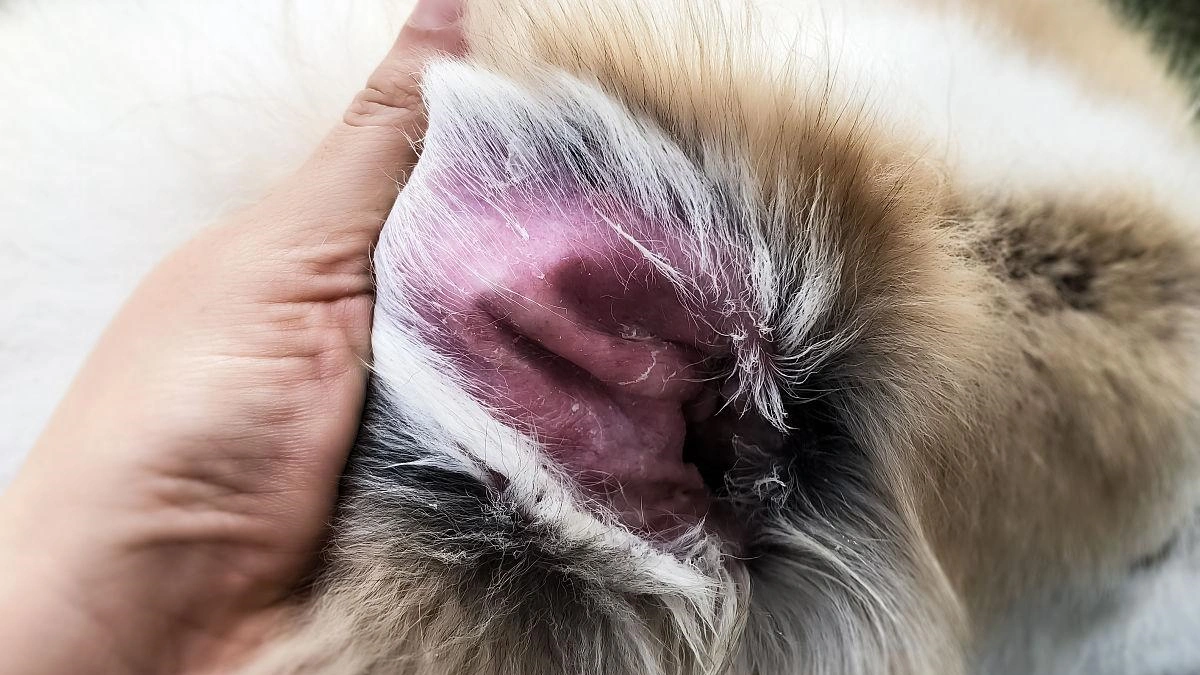
Cure for Dog Skin Allergies Owners Often Miss

How to Get Rid of Dog Allergies Naturally: Common Mistakes

Dog Allergic Reaction Eye Swelling: Hidden Mistakes to Avoid

Why Do Bulldogs Scratch? Bulldog Skin Allergies Guide

Cure for Dog Skin Allergies Owners Often Miss
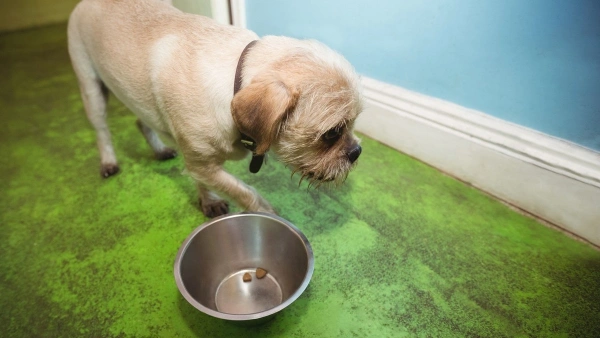
Vet-Recommended Wet Dog Food for Sensitive Stomachs — 2025 Guide
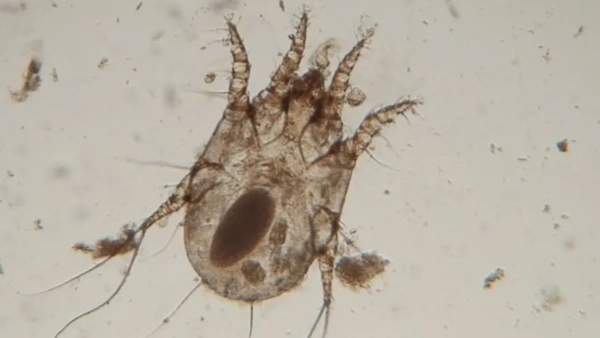
Dog Dust Mite Allergy: Symptoms, Treatment, Prevention
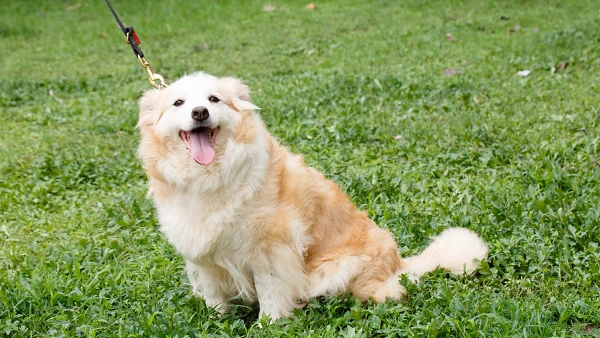
Can Allergies in Dogs Cause Diarrhea and Vomiting? Explained
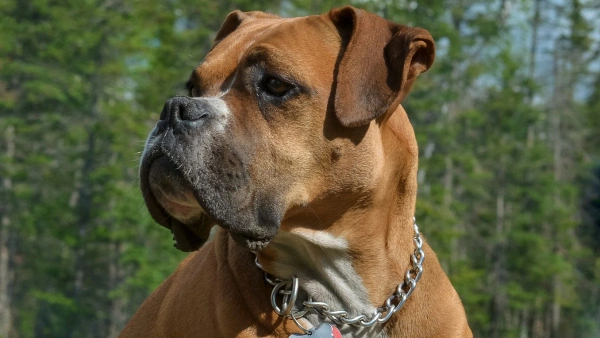
10 Pitbull Health Problems You Should Know in 2025 — Tips
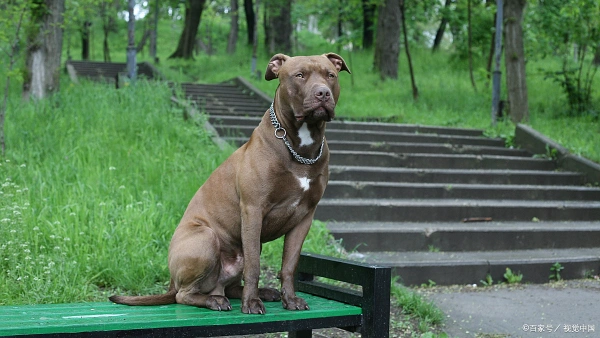

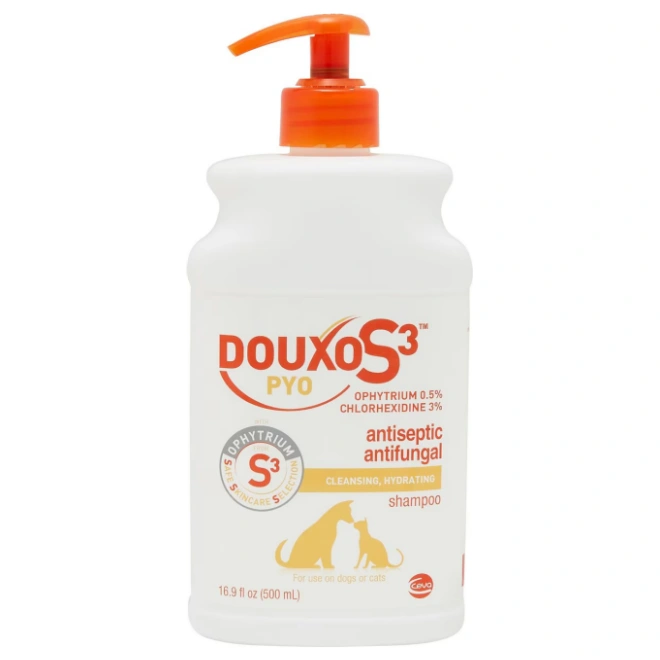
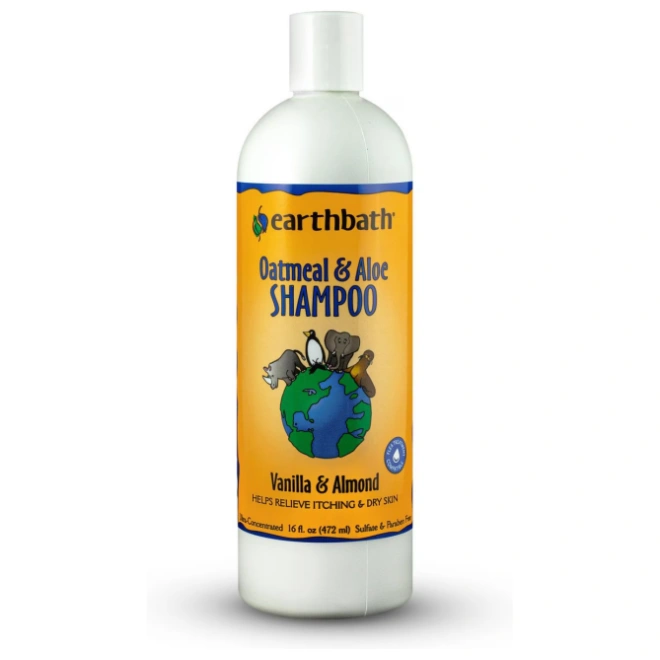
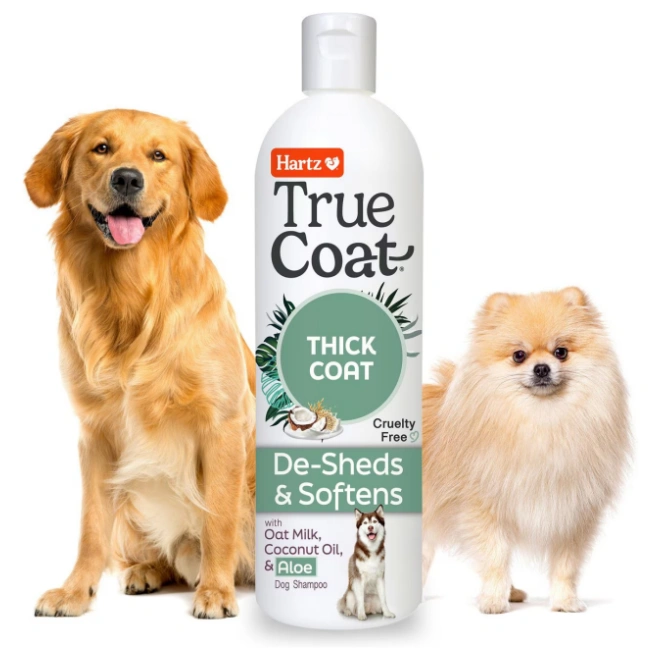
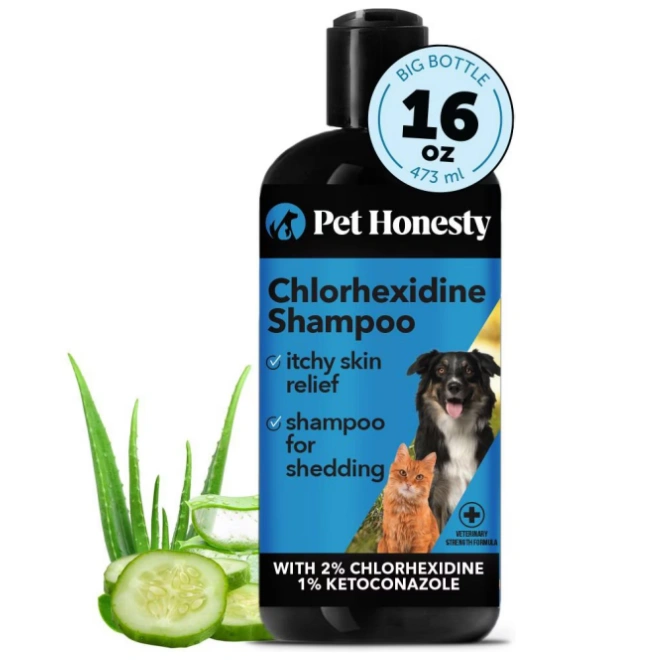








Leave a Reply